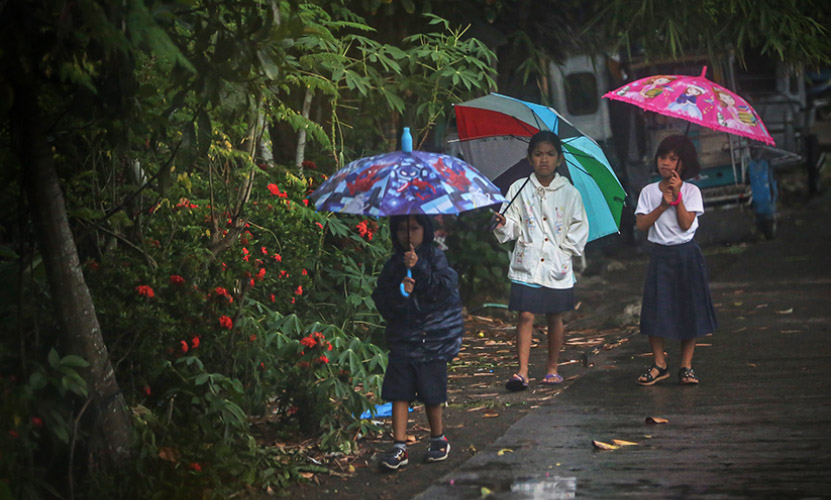Senator Win Gatchalian bats for increased enrollment in the Alternative Learning System (ALS), where registration is currently at 33.27% of last year’s.
- Gatchalian said the DepEd should proactively look for these ALS learners so they can continue with their education;
- The ALS is a parallel learning system that provides a viable alternative to the existing formal instruction which includes non-formal sources of knowledge and skills;
- Under Republic Act No. 11510 (ALS Act), the ALS was institutionalized to provide increased opportunities for out-of-school children in special cases and adult learners, including indigenous peoples, to develop basic and functional literacy and life skills.

As of September 15, there are 199,422 enrolled in ALS for SY 2021-2022. Last school year, there were 599,365 enrolled in ALS. For public and private basic education institutions as well as state and local universities and colleges (SUCs and LUCs), enrollment already breached the 26.3 million mark, 100.3% higher than the 26.2 million recorded in the previous school year.
If enrollment at the formal school system this school year has exceeded last year’s, Gatchalian said that enrollment in ALS should at the very least match the 2020 figures. He said the DepEd should proactively look for these ALS learners so they can continue with their education.
The ALS is a parallel learning system that provides a viable alternative to the existing formal instruction which includes non-formal sources of knowledge and skills.
Under Republic Act No. 11510 (ALS Act), the ALS was institutionalized to provide increased opportunities for out-of-school children in special cases and adult learners, including indigenous peoples, to develop basic and functional literacy and life skills. Out-of-school children in special cases include learners with disabilities or conditions, indigenous peoples, children in conflict with the law, learners in emergency situations, and other marginalized sectors.
“Layunin ng ALS na makapagbigay ng pangalawang pagkakataon sa mga hindi nakapagtapos ng kanilang pag-aaral o kaya naman ay nahihirapang ipagpatuloy ang kanilang pormal na edukasyon. Dapat ipagpatuloy natin ang paghahanap sa mga kababayan nating maaaring makapag-aral sa ilalim ng ALS. Ihatid natin sa kanila ang edukasyon at tulungan natin silang magkaroon ng mas magandang kinabukasan,” said Gatchalian, principal author and sponsor of the ALS Act.
The ALS Act also mandates that every city and municipality should have their own ALS Community Learning Centers (CLCs).
A 2018 policy note from the World Bank said that about 24 million Filipinos over the age of 15 did not complete basic education. The report added 2.4 million children between the ages of 5 and 14 are not attending school and have fallen more than three years behind their standard grade level.


